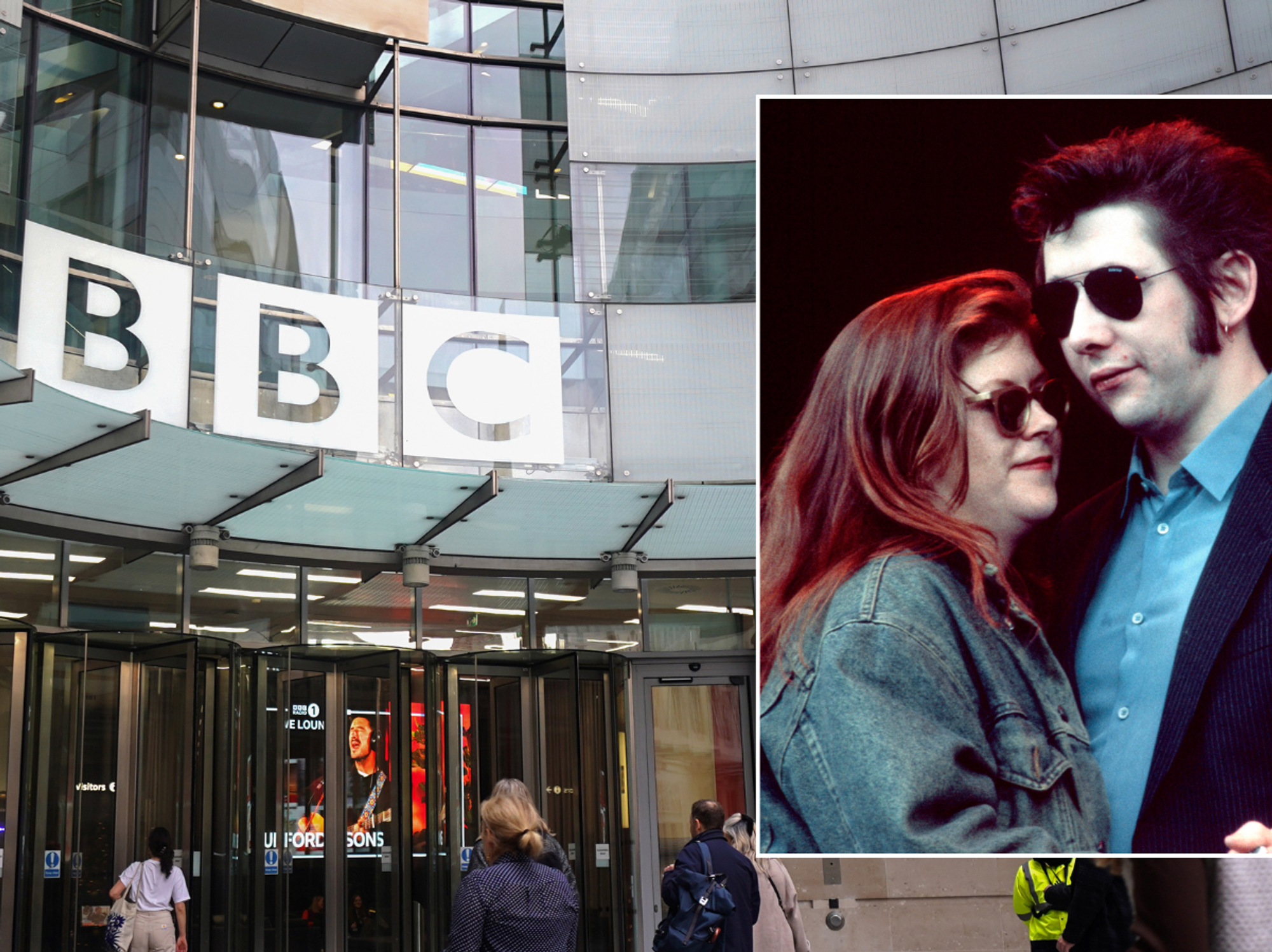'They won't hang around!' International environment bigwig slammed for demanding higher tax to tackle climate change
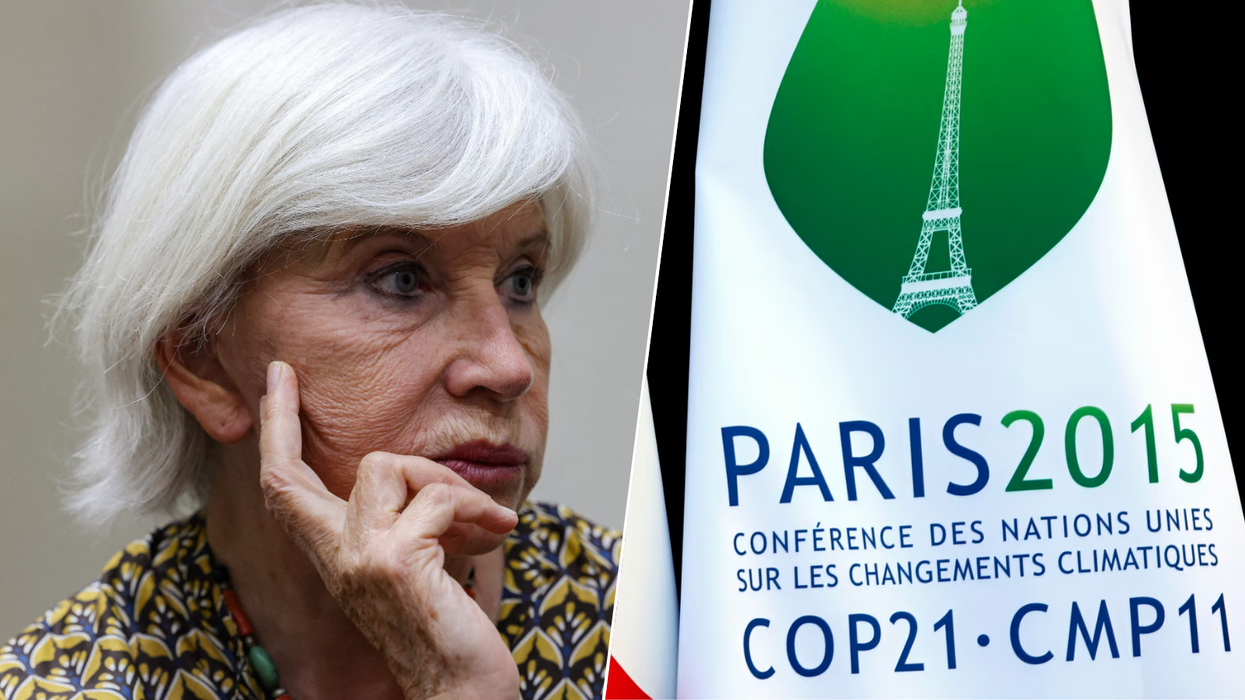

The top climate change expert warned against 'overconsumption' and called on the world's richest individuals and countries to fund poorer states' efforts to stay sustainable
Don't Miss
Most Read
Rich people around the world must stump up via a "wealth tax" to tackle climate change, a top French economist behind the Paris Agreement has urged - but plans to charge wealthy individuals might not be as straightforward as they seem.
Laurence Tubiana, who served as France's "Climate Change Ambassador" at the 2015 Cop21 Climate Change Conference in Paris, called for tax reform and to curb the "overconsumption" of the one per cent in countries around the world ahead of this year's edition of the conference in Azerbaijan.
Tubiana also pushed for a kind of global wealth tax, a frequent flyer tax, and a carbon tax amid growing concerns over inequality among climate chiefs.
A frequent flyer levy could see business and first class seats heavily taxed in order to try and disincentivise air travel for rich passengers - who, in general, fly far more than poorer customers.
The aim of raising taxes? To fund an estimated $1trillion (£785billion) annual financing package required to help poor countries around the world cut emissions down to UN targets.
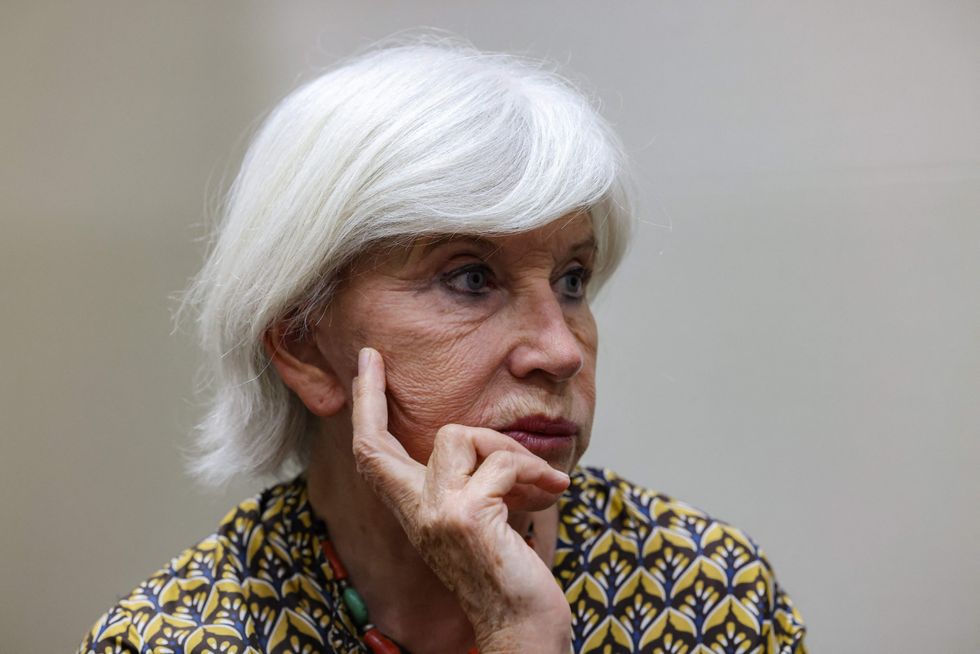
Laurence Tubiana said "if you want to avoid a real conflict, we have to put the social justice element up front"
|Getty
And calls for a global wealth tax have been met with praise - not least by Brazil, which is slated to host the next-but-one edition of the UN Climate Change Conference, Cop30, in 2025.
Such praise follows a study by Oxfam, the Guardian and other research partners which revealed the world's richest percentile produces more greenhouse gas emissions than the poorest 66 per cent.
The research claimed "climate suffering" disproportionately affects "people living in poverty, marginalised ethnic communities, migrants and women and girls", and states "it would take about 1,500 years for someone in the bottom 99 per cent to produce as much carbon as the richest billionaires do in a year".
Tubiana said of the figures: "This inequality is true not only between developed countries and developing ones, but within each country - the one per cent of rich Chinese, or the one per cent of very rich Indians, or the US citizen - they have a lifestyle which is very, very similar, in terms of overconsumption. That's where your carbon footprint comes in."
MORE ON CLIMATE CHANGE:
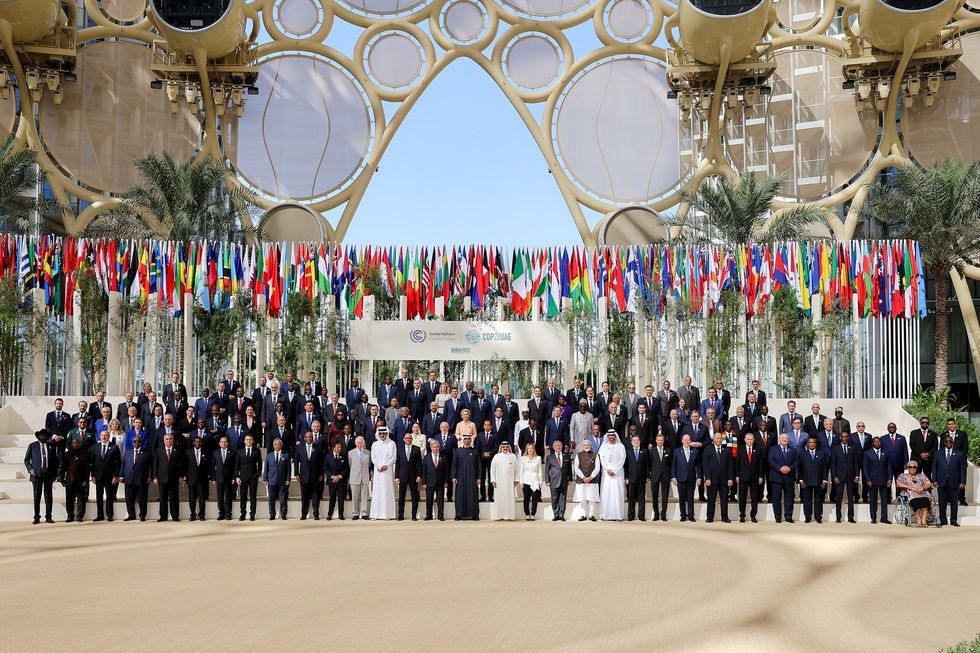
World leaders had assembled in the UAE at Cop28 to discuss climate change
|Public domain
But the climate expert has warned that not balancing such inequalities would only harm the public's acceptance of measures designed to curb global warming.
She told the Guardian: "If you want to avoid a real conflict, we have to put the social justice element up front. It's legitimate to talk about taxation, with the immense elements of climate impact, and the need to mobilise more funding to respond to the transition [to a low-carbon economy] and adaptation [to the impacts of extreme weather]."
But economist Christopher Snowdon hit out at plans to levy climate taxes on individuals.
He told GB News: "Wealth taxes have been tried and abandoned in many countries because they are expensive to administer, raise very little money and lead to capital flight.
"The global rich are highly mobile and won’t hang around to pay what they consider to be an unfair or excessive tax.
"There may be a case for bringing taxes such as capital gains taxes and dividend taxes in line with income tax, although income tax should be lowered at the same time if this happened.
"A tax on wealth would be a tax on unrealised and hard-to-measure assets. It is more practical and reasonable to tax actual income."
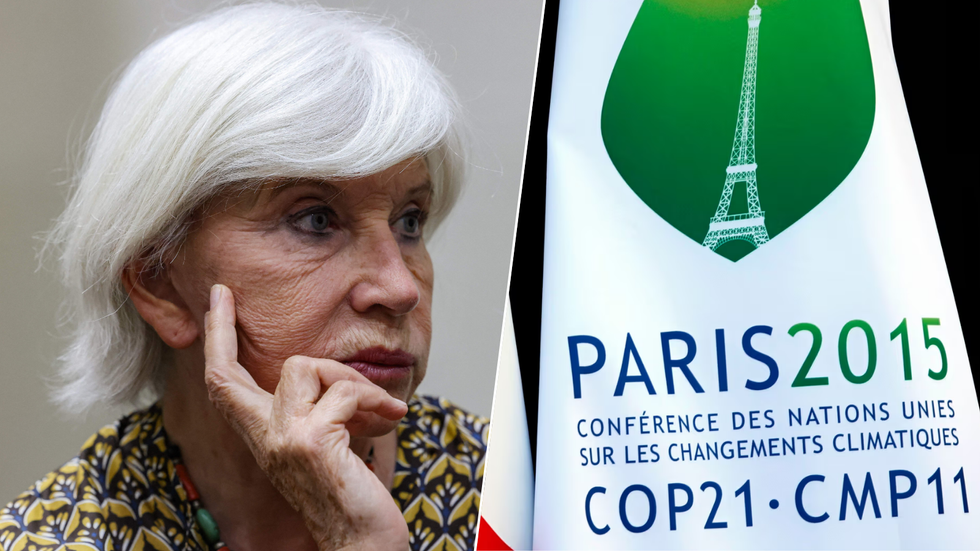
France's former "Climate Change Ambassador" has called for the rich to pay up to fight global warming
|Getty/Reuters
Tubiana co-chairs the International Tax Task Force (ITTF), an international body set up at Cop28 in the UAE by the governments of France, Kenya and Barbados to try and lobby for countries to pay up to fund climate commitments.
But she has acknowledged that attempting to levy international taxes may be difficult - some states, like the US, have specific rules in place on such taxes, while other climate payments Tubiana's ITTF would like countries to make are not strictly "taxes", meaning they may require rebranding in order to cajole world leaders into parting with their cash.
And on an individual level, the ITFF co-chair has been bullish on convincing the super-rich to pay, saying: "I'm optimistic that some of them can speak up, in particular the younger generation - but we have to convince them as well."
Tubiana isn't the only figure calling for the rich to fund poorer countries' efforts to get on top of climate change.
Patricia Scotland, the Director General of the Commonwealth, has said small at-risk states like certain island nations could do with debt forgiveness from their richer partners.








